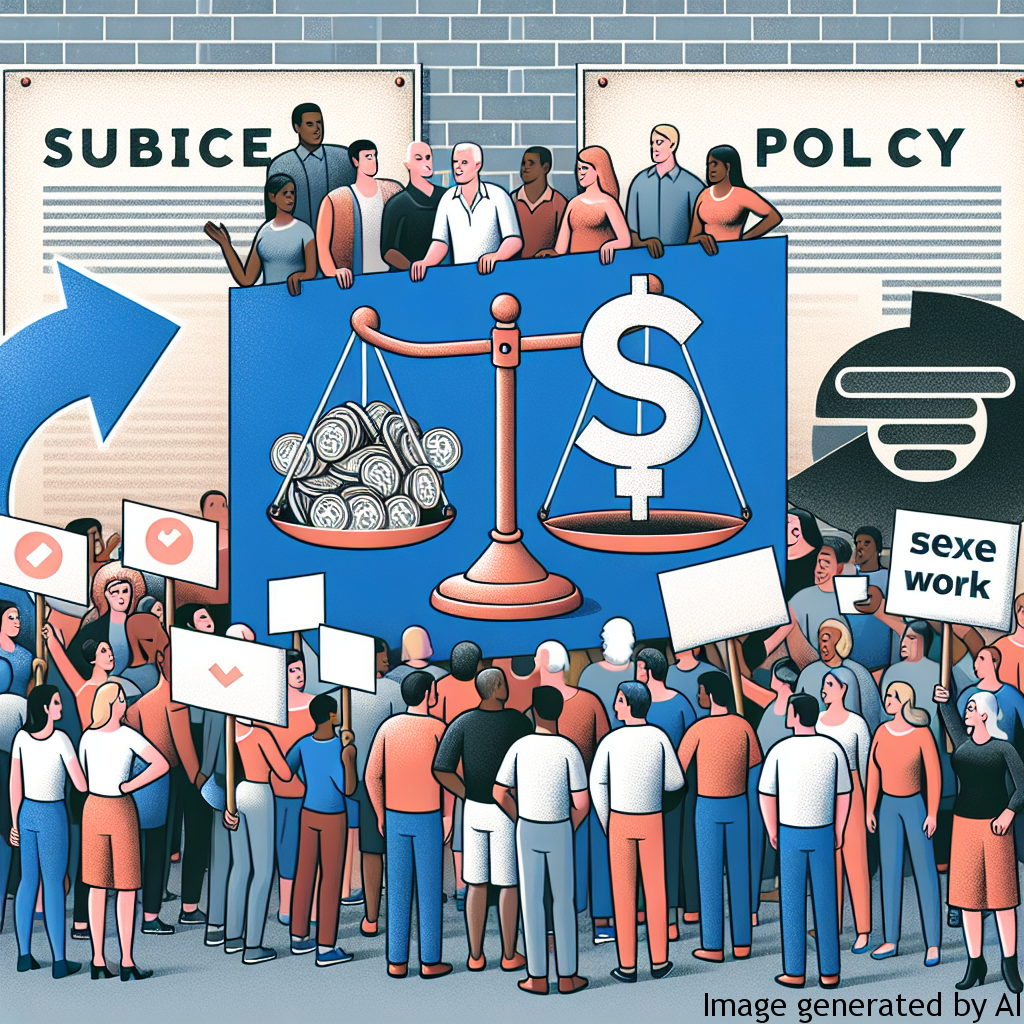Introduction
Prostitution, often referred to as the “world’s oldest profession,” is a topic that generates intense debate. The role of public opinion in shaping prostitution policies is notable and dynamic. Public opinion affects legislative measures, criminal justice system responses, and even the perceptions and experiences of individuals involved in sex work. This article aims to explore the influence of public opinion on prostitution policy, the psychological impact on males due to gender expectations associated with prostitution, and the broader societal implications of these interactions.
Description of Gender Expectations and Their Influence on Male Psychological Health
Perceptions of Masculinity and Sexuality
The societal expectations around masculinity often associate men with power and control. In relation to prostitution, these gender roles might contribute to shaping public opinion, where prostitutes are disparaged while the clients, predominantly males, face minimal social stigma. This dichotomy could exert significant psychological pressure on men, driving them to conceal such activities due to societal judgment.
Psychological Distress Associated with Gender Expectations
These inherent gender-biased expectations can breed psychological distress in men. Society’s expectations of men to be the sexual initiators can lead to hypersexual behavior or a perceived need engaging with prostitutes. Men seen to violate these expectations can face severe shame, guilt, or even ostracism, leading to mental health issues like anxiety and depression.
Examples of How Gender Roles Can Impact Male Lives
One concrete example of the impact of gender roles on men’s lives is their use of prostitution services. Due to societal pressure to be sexually experienced, younger or less experienced men may feel compelled to hire sex workers. Another example can be found in societies where men are expected to suppress emotions. In such cases, they might seek emotional intimacy from prostitutes rather than their regular partners, causing severe relationship conflicts.
Tips for Improving Psychological Health Bearing in Mind Gender Roles
Maintaining psychological health in the face of rigid gender expectations demands bold societal shifts. Awareness and education are paramount, including discussions about healthy masculinity, the realities of sex work, and the harmful consequences of these stereotypes. Cognizant efforts to neutralize the stigma against men seeking mental health support can also contribute significantly. Furthermore, involving men in conversations about sex work can challenge stereotypes and stimulate a change in societal expectations about the roles of men in prostitution.
Conclusion
Public opinion holds substantial power in shaping prostitution policy and the gender roles tied to it. The portrayal of prostitution solely as a problem for women fails to account for the male half of the equation and their resultant psychological challenges. Recognition of this interplay is crucial to formulating comprehensive, effective policies around prostitution. Consideration should be given to the mental well-being of men in these scenarios, and society’s approach to gender roles should be continually analyzed and challenged, aiming for an empathetic, supportive environment for all individuals.

